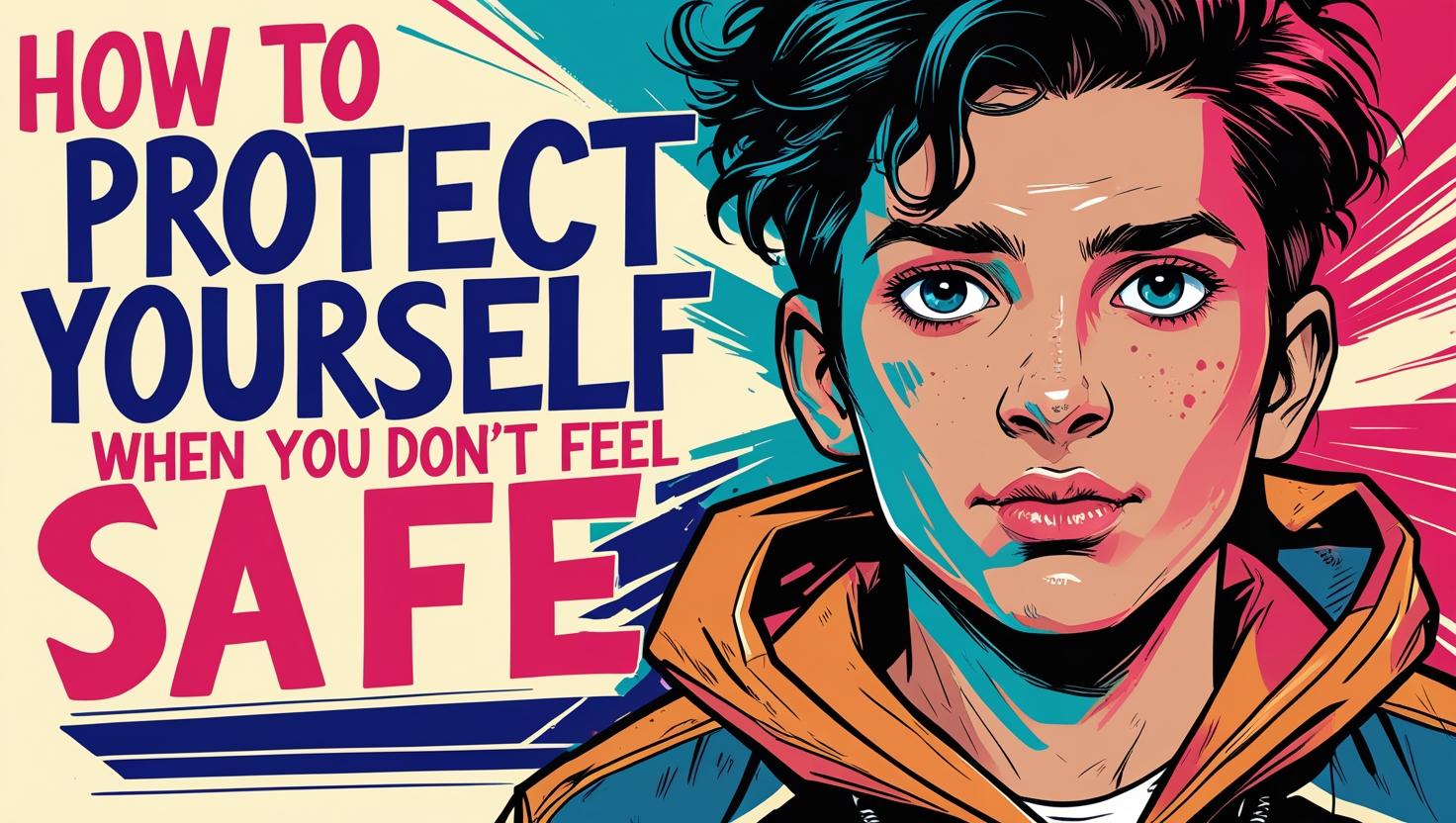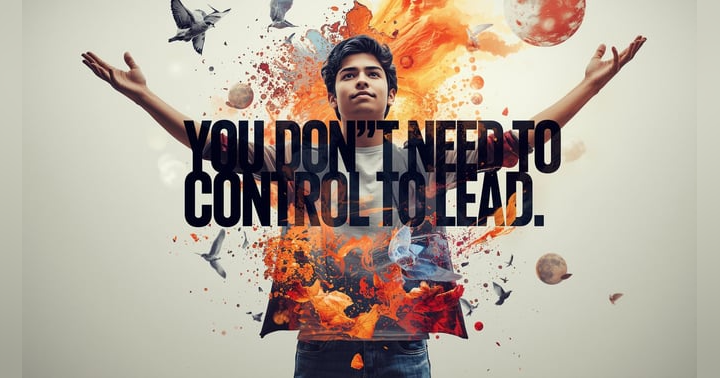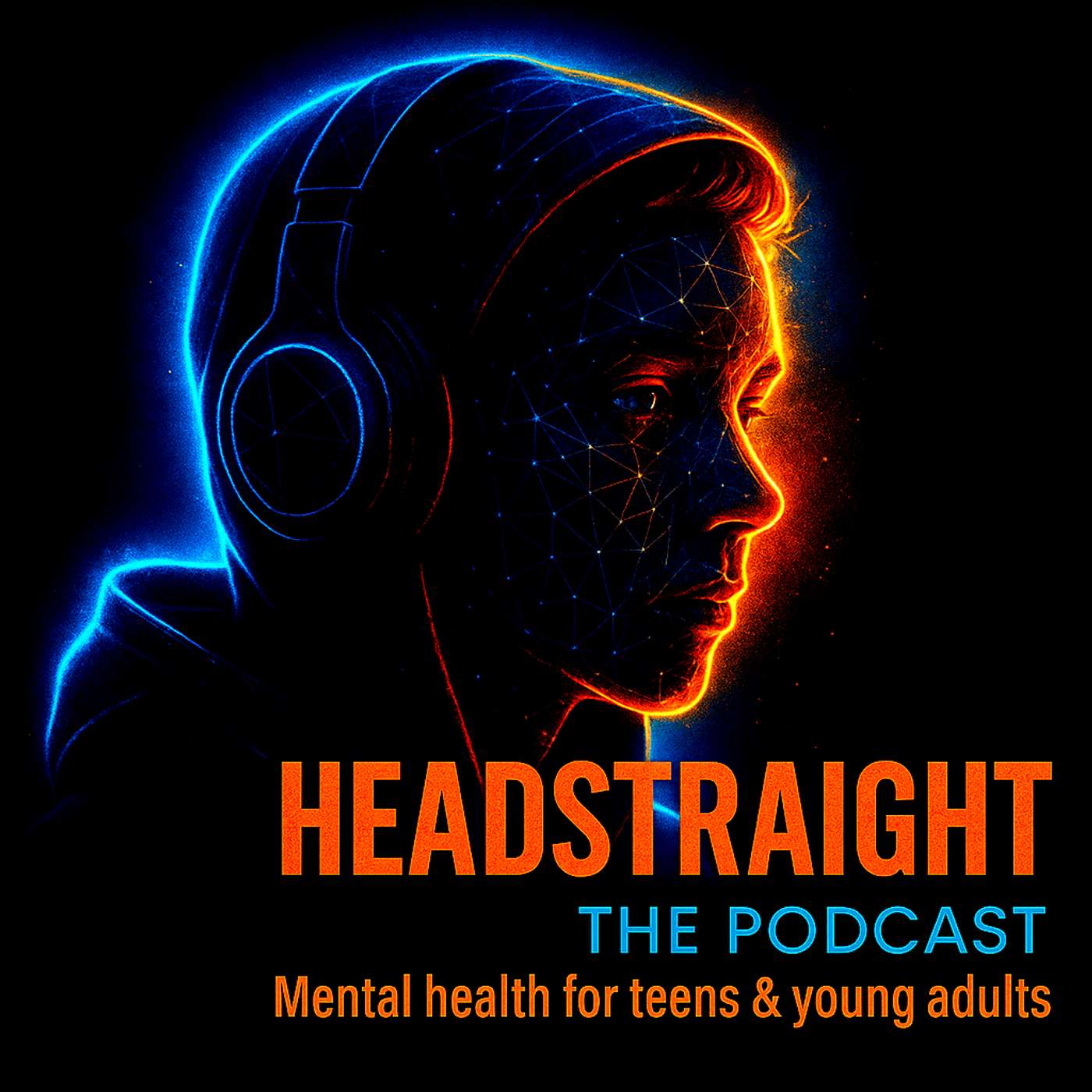How to Protect Yourself When You Don’t Feel Safe

Not feeling safe isn’t always about physical danger. It can be emotional. Social. Subtle. It might be something you can name, or just a constant edge you live with — the feeling that something’s wrong but you can’t quite put your finger on it.
This episode of Headstraight is about those moments. The ones where you feel like you're in the wrong place, with the wrong people, but don’t know how to say so. Maybe you’re scared to speak up. Or maybe you’ve told yourself it’s not a big deal. But that unsettled feeling? It matters.
🎧 Listen to the full episode here:
Want to listen to the episode on your preferred player?
What “not feeling safe” actually means
Let’s strip it right back: feeling unsafe isn’t just about violence. It’s about what happens inside you.
When your body tightens up around certain people.
When you avoid going home or dread walking into a room.
When your gut tells you something’s off, even if your head keeps making excuses.
Maybe it’s someone who puts pressure on you — emotionally, physically, sexually.
Maybe it’s a situation that never explodes, but never feels stable either.
Or maybe it’s your own thoughts — looping, intrusive, overwhelming.
Feeling unsafe might not be something you’ve ever said out loud. But the signs are there.
And here’s the first thing you need to know:
If something feels wrong, you are allowed to listen to that feeling. Even if no one else sees it. Even if you’ve been taught not to make a fuss.
You don’t have to manage this alone
When the unsafe situation involves someone close — especially an adult — things get complicated. You might feel trapped. You might worry no one will believe you. Or that speaking up will just make things worse.
Those fears are valid — but they don’t mean you have to stay quiet. In fact, those feelings are often part of the problem. Adults who cross lines often rely on silence. They make you feel like you’d get in trouble for telling the truth.
That’s not protection. That’s manipulation.
And while it’s hard to break through that, it’s not impossible. It starts with one small shift: recognising that your discomfort is a signal, not something to suppress. Then slowly building the steps that keep you safer — physically, emotionally, and psychologically.
What can you actually do?
This episode walks through the small, real-world actions you can take if you’re in a situation that doesn’t feel safe — whether it’s daily tension or something more serious.
Let’s go into more detail:
1. Be honest with yourself about what’s going on
Sometimes you can name it:
A friend pushing your boundaries.
A family member’s unpredictable moods.
A partner who makes you feel trapped or guilty.
Other times, it’s fuzzier — more of a background feeling. Anxiety that won’t shift. Pressure you can’t explain. Feeling responsible for keeping other people calm.
Start there. Don’t worry about whether it’s “bad enough” — if it’s affecting you, it matters.
Write it down. Name who and what is involved. You don’t have to solve it yet. You’re just getting clear on the patterns.
2. Tell one safe person
You don’t need to shout it to the world. You just need one person who can hear you without judgement.
That could be:
A friend.
A sibling.
A teacher, youth worker, coach.
A parent — your own, or someone else’s.
A helpline or anonymous online service.
If you can’t say it out loud, send a message. Start with something simple:
“I don’t feel safe and I don’t know what to do.”
“Can I talk to you about something difficult?”
You don’t need all the details right away. You don’t have to explain it perfectly. Just open the door.
If the situation involves an adult who’s harming or manipulating you, then another adult needs to step in. This is not something you or your friends should be handling alone.
3. Create space where you can
You might not be able to change everything, but any space you can create helps:
Hang out somewhere different after school.
Spend time with friends or extended family if home feels intense.
Put some distance between you and the person who makes you feel uneasy.
And if a situation starts to feel dangerous in real time? Leave. You’re not being rude. You’re not overreacting. Your safety comes first — always.
4. Make a simple safety plan
This doesn’t need to be dramatic — it’s just about having backup if things go sideways.
Think about:
Who you could message if you need help.
A code word you could send a friend to say “Get me out of here.”
How to leave quickly from a place where you feel trapped.
What info to keep saved (emergency contacts, helplines, safe addresses).
Knowing you’ve thought it through — even a little — can take the pressure down. You don’t need to use the plan for it to help. Just knowing you have it can calm the system.
5. Keep a record if someone is crossing boundaries
If someone is pressuring you, threatening you, or hurting you — start noting it down.
Nothing fancy. Just:
Dates.
Times.
What happened.
What was said.
If it’s happening online, screenshot the messages. Save them somewhere safe.
This isn’t about preparing for a confrontation — it’s about keeping a grip on your own reality. When someone is messing with your head, keeping a record helps you stay grounded in the facts. And if you ever need to tell someone or report it, it gives you something solid to refer to.
6. Hold your boundaries — even when it feels uncomfortable
You are allowed to say no. You don’t need to explain. You don’t need permission. If something doesn’t feel right, you can walk away.
You’re not being dramatic. You’re not making it up. You’re protecting yourself — and that’s valid.
You can say:
“I’m not okay with this.”
“That crosses a line.”
“I need to leave now.”
“Don’t speak to me like that.”
It doesn’t always feel easy — especially when the other person is close, or older, or used to getting their way. But your discomfort is not less important than their opinion of you.
7. Talk to a professional if this feeling won’t go away
When that feeling of unsafety becomes your normal, it starts to shape how you think, how you sleep, how you cope. If that’s happening, speaking to a counsellor or therapist is a solid next step.
They won’t expect you to have it all worked out. You can talk about what’s going on at your own pace, without needing to justify it. It’s about making space to work out what you need — not forcing you into anything before you’re ready.
Final reminder
You don’t have to wait until things get worse.
You don’t need it to be “bad enough.”
The fact that something doesn’t feel right is enough.
There are people who will listen. Who will believe you. Who can help.
You’re allowed to protect your peace. You’re allowed to expect respect.
And you’re allowed to take up space — in the world and in your own life — without apology.
Coming up next…
In the next episode of Headstraight, we’re moving from protection to decisions.
Because when life feels unsafe or unpredictable, it’s easy to act from fear, confusion, or habit. Next time, we’ll look at how to start making clearer, better choices — ones that work for you.
See you there.



